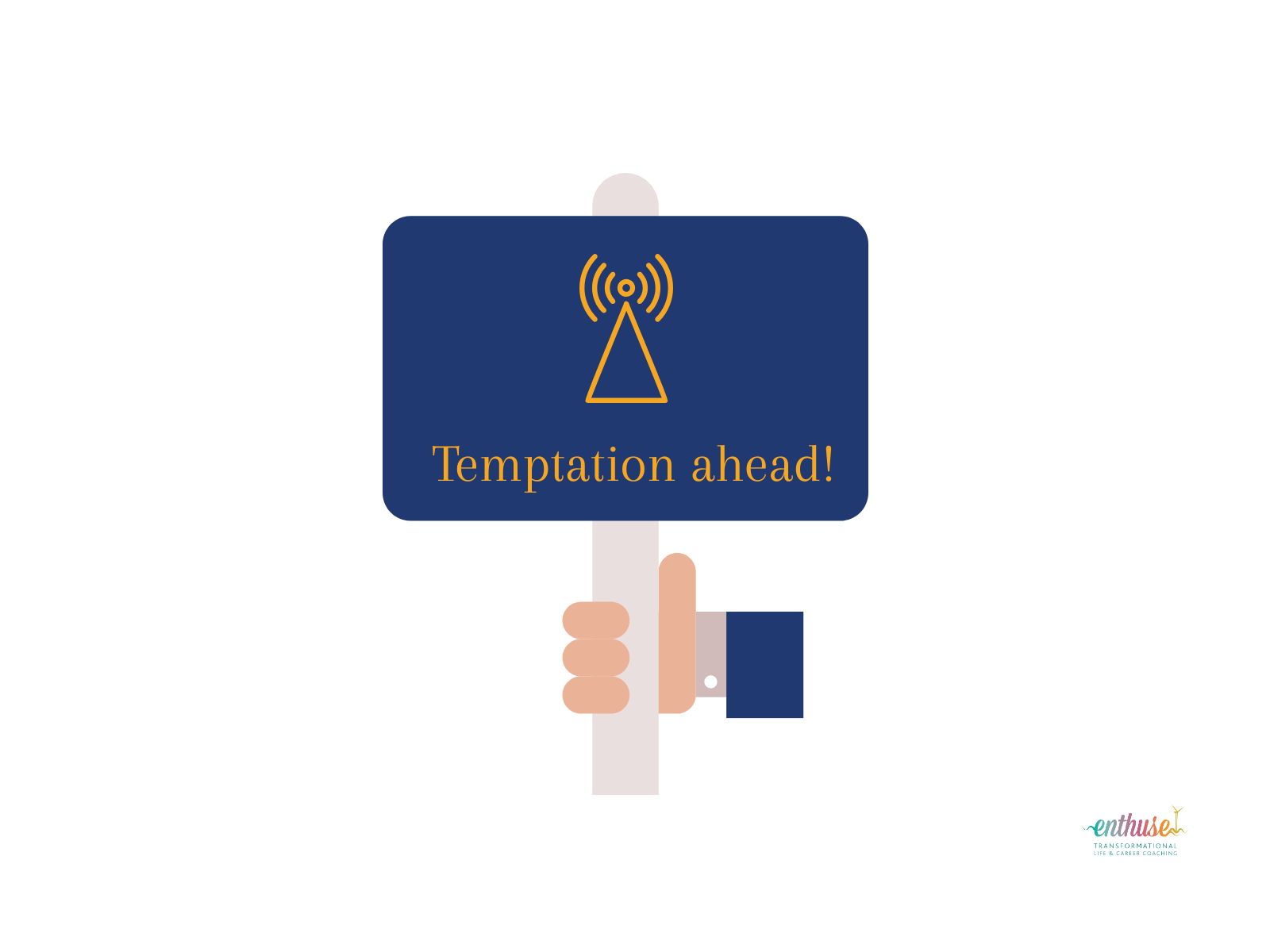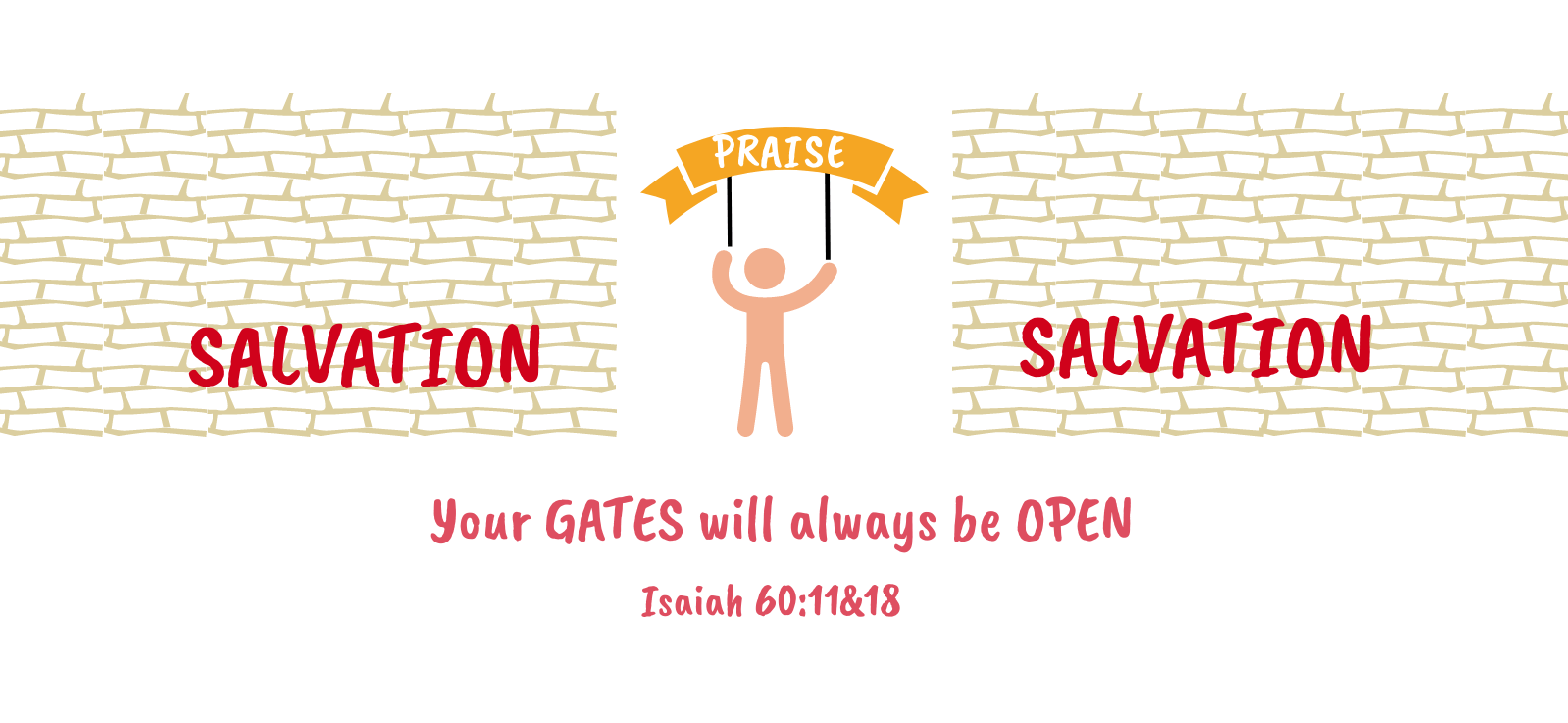
Overcome temptations in the midst of the storm
March 21, 2019
To judge or not to judge
September 17, 2019
There was a new king whose subjects came to him, asking for a change in the way his father ruled over them. He was wise realising that he needed the advice of others in this critical decision. He asked the people to give him time to consider their request. He had two groups of advisers he consulted.
As leaders, we need to recognise we do not always know everything and having some trusted advisers can help us navigate through difficult decisions. Even our advisers do not know everything. Therefore it is advisable to surround us with advisers that have knowledge and experience different from our own. That means we need to be aware of both our strengths and areas of growth.
The king turned to the first group of advisers and asked:
What do you advise? How should I respond to these people?”
2 Chronicles 10:6
They advised him that he should grant the people their request.
But he ignored the advice these older leaders, who had served with his father, gave him. He got a second opinion from his buddies who had grown up with him.
He asked them, “What is your advice? How should we respond to these people who are asking me to lighten the burden my father put on them?”
2 Chronicles 10:9
Did you spot the difference in his question?
When he spoke to the older leaders, it was about how ‘He’ should answer the people, but with the young men, he was more inclusive asking how should ‘We’ answer.

We do not have the step-by-step account with all the facts and circumstances fully detailed in 2 Chronicles 10 and 1 Kings 12. However, when I read what is written down about the story of King Rehoboam, I suspect that he highly valued acceptance from his peers. Maybe the camaraderie and the familiarity of the relationship made it easier to hear their advice. I wonder whether he also suffered from the ‘us vs them’ mentality so rampant in our society. He possibly also wanted to stamp out his authority, making it clear he was in charge now. Did he think that meant he had to outperform his father by taking the same actions just at a higher intensity?
Whatever his reasons and thought process to get to his decision, history tells us that his decision did not play out that well. Instead of establishing his rulership and influence, his kingdom shrunk with more than 80%. Permanently.
I learn from this story that as a leader, there are areas where I need advice from others who do not necessarily look and talk like me. They may come from different spheres of life, and it is primarily their experiences and viewpoints that differ from mine that will be valuable to me. But, because they are different from me, it might make it harder for me to hear and receive their advice. I also learn that, if I value the approval and acceptance of a specific group of people highly, I might give disproportionate weight to their influence and opinion when I make decisions. I learn it is essential to understand how wishing to maintain specific relationships could influence me. I think about the characteristics of people whose advice I might more readily ignore compared to whose I am more likely to implement. Maybe being aware of my tendencies can prevent me from falling in a trap.
I learn that the consequences of my choices as a leader can have a lasting impact, even on future generations. When I see the names of his buddies is missing from King Rehoboam’s story, I realise that I alone will have to give an account for my decisions regardless of whose advice I followed. I conclude I should carefully consider who I include in my circle of advisers.
What do you learn from this real-life story to apply to areas where you lead?
#leadingwisely #beyourtrueself

